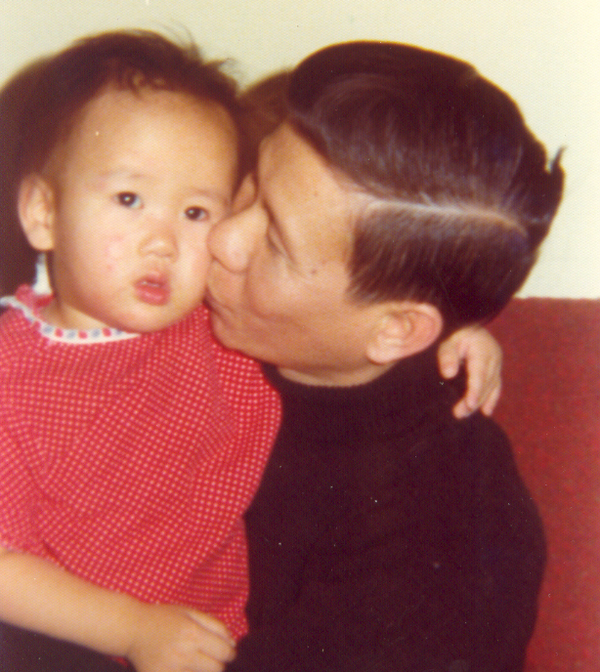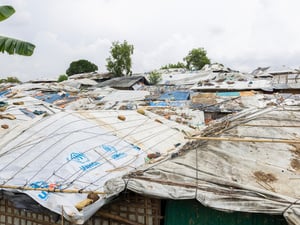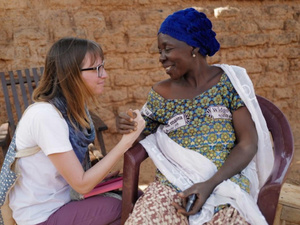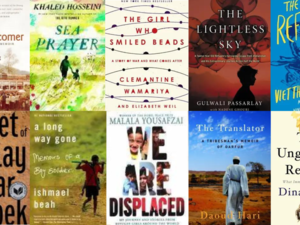Echoes of war: One man’s journey from Vietnamese refugee to renowned author
Echoes of war: One man’s journey from Vietnamese refugee to renowned author

Bao Phi, writer and slam poet, draws on his family's refugee history to tell stories of resilience.
Growing up in Minneapolis, Bao Phi carried with him the quiet weight of a family history shaped by war and survival. His family had fled during the violence and upheavals around the ending of the war in Viet Nam in 1975 — 50 years ago this year — as part of the mass exodus in the region. Though Bao was only a few months old when they fled, the trauma of war was woven into his everyday life.

Bao Phi (left) carries the story of a family who fled Viet Nam in 1975.
Bao’s journey to becoming a celebrated spoken word artist and writer was shaped by his experience growing up in a large, poor, refugee family. “As a Vietnamese, bookish refugee kid, things were rough,” he recalls. His parents faced the many challenges of starting over in a new country — language barriers, cultural dislocation, and a society still reckoning with the legacy of the war. “I remember that very acutely,” Bao says.
The conflict in Viet Nam spanned nearly 30 years, leaving devastation in its wake and forcing millions to flee. As the humanitarian crisis escalated, UNHCR mobilized to meet the urgent needs of forcibly displaced people, from providing temporary protection and legal pathways to facilitating resettlement and reintegration.
The impact of fleeing war and consequential trauma has shaped Bao’s worldview most notably in the deep empathy he extends toward others. “I have a strong aversion to bullying,” Bao asserts. “But also, I hope that [my experience] informs me in a way that has empathy and curiosity about many different people’s stories.”
Over time, Bao began to understand how deeply intergenerational trauma had shaped his worldview. “My parents fled everything they knew and everything they had,” he reflects. “I feel like that’s deeply embedded in me.” Though he didn’t live through the war himself, he recognized its presence within him. “Even though I didn’t have memory of it, it’s in my DNA, and I passed it along to my child.”
Writing became both a way to confront the scars of war that shaped his life and a means to lift up others carrying the same weight. “You don’t get into poetry for the money,” Bao says. “I got into this because it’s how I engage with the world about issues I care about.” In his poem “Cookies,” he takes a small memory from childhood and expands it into something much deeper, a reflection on how war threads itself through generations. “I want to say I am made of war and that means so are you,” he writes. “I want to say I was born inside a halo of gunpowder.”

In Phi’s poem “Cookies,” a simple childhood memory unfolds into a powerful reflection on how conflict shapes generations.
“My hope is that I can add a fuller, more nuanced take on what it means to be a refugee, in particular a Southeast Asian Vietnamese refugee.”
Today, Bao continues to use his art to raise awareness of the experience of Southeast Asian refugees, honor his heritage, and ensure future generations understand their history.
Through performance and prose, Bao has worked to reclaim the narrative, offering one that reflects the full humanity of refugees and the power of survival. “I can do something about it now,” he says.









